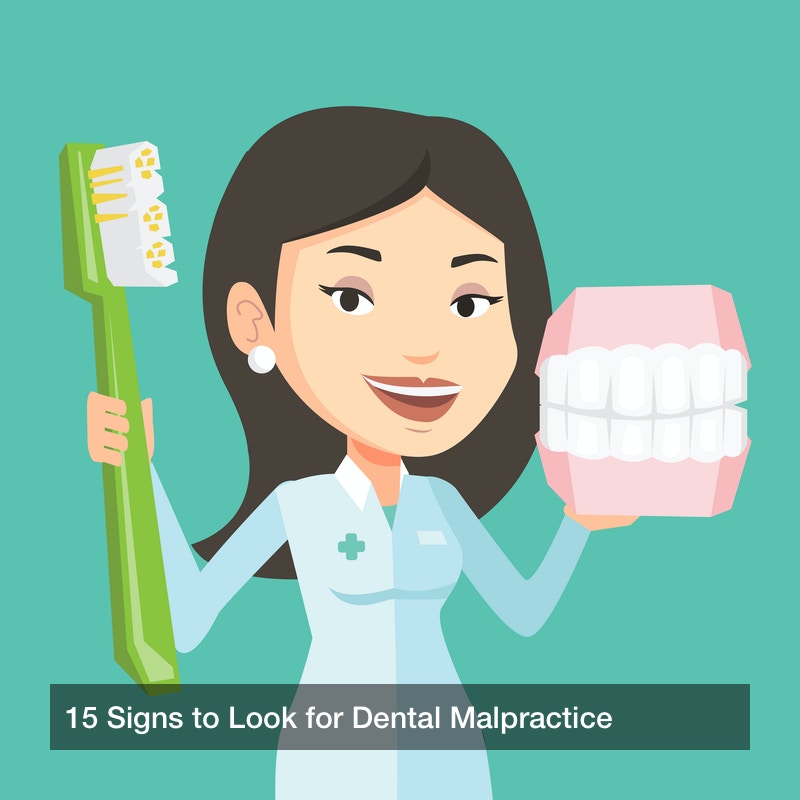
Gum disease is an oral health concern that affects a significant proportion of the global population. Also known as periodontal disease, it is primarily caused by the build up of plaque, a sticky film of bacteria that clings to the teeth and gums. If not promptly and properly addressed, plaque hardens into tartar, leading to inflammation, bleeding gums, and eventual tooth loss in severe cases. However, gum disease is largely preventable with appropriate oral hygiene practices and regular visits to your dentist in Tunbridge Wells.
Tips for gum disease prevention

Preventing gum disease does not have to be complicated or time-consuming. Here are seven dentist-approved tips that can significantly reduce one’s risk.
- Regular and proper brushing. Dentists universally recommend brushing teeth at least twice a day using fluoride toothpaste. Besides this, they emphasise the importance of proper brushing techniques, which involve brushing all surfaces of the teeth and not neglecting the gum line.
- Flossing daily. Dentists stress the significance of flossing at least once daily. Flossing removes food particles and plaque trapped between teeth, areas often missed by a toothbrush.
- Regular dental check-ups. Regular check-ups allow the dentist to monitor oral health, detect early signs of gum disease, and provide timely intervention. Dentists typically recommend visits every six months, but this may vary depending on individual oral health conditions.
- Eating a balanced diet. Dentists often remind patients about the link between diet and oral health. A balanced diet rich in vitamins, minerals, and fibre contributes to strong teeth and gums, while limiting sugary foods and beverages helps prevent tooth decay and gum disease.
Why regular dental cleanings matter
- Regular dental cleanings. Besides at-home oral hygiene practices, regular professional cleanings are vital. During these sessions, dentists or dental hygienists can remove tartar build-up, which cannot be removed by regular brushing or flossing at home. This process prevents the progression of gum disease.
- Using mouthwash. Dentists may recommend therapeutic mouthwashes that can help reduce plaque, prevent or reduce gingivitis, reduce the speed that tartar forms, or a combination of these benefits.
- Quitting tobacco. If applicable, dentists strongly advise against tobacco use. Smoking or chewing tobacco has been linked to gum disease, as these habits can affect the attachment of bone and soft tissue to your teeth, increase the risk of severe gum disease, and reduce the chances of successful treatment.
The impact of gum disease prevention

Preventing gum disease does more than just preserve a person’s oral health; it contributes to their overall wellbeing. Numerous studies have found links between gum disease and various systemic diseases, such as diabetes and heart disease. Hence, preventing gum disease may also help reduce the risk of these conditions. Furthermore, maintaining a healthy smile can positively impact a person’s self-esteem and quality of life.
By implementing these seven dentist-approved tips, individuals can play an active role in preserving their oral health. The prevention of gum disease is a commitment that begins with individual actions, but is fortified with the help of dental professionals. Let these tips serve as a guide to achieving and maintaining optimal oral health.